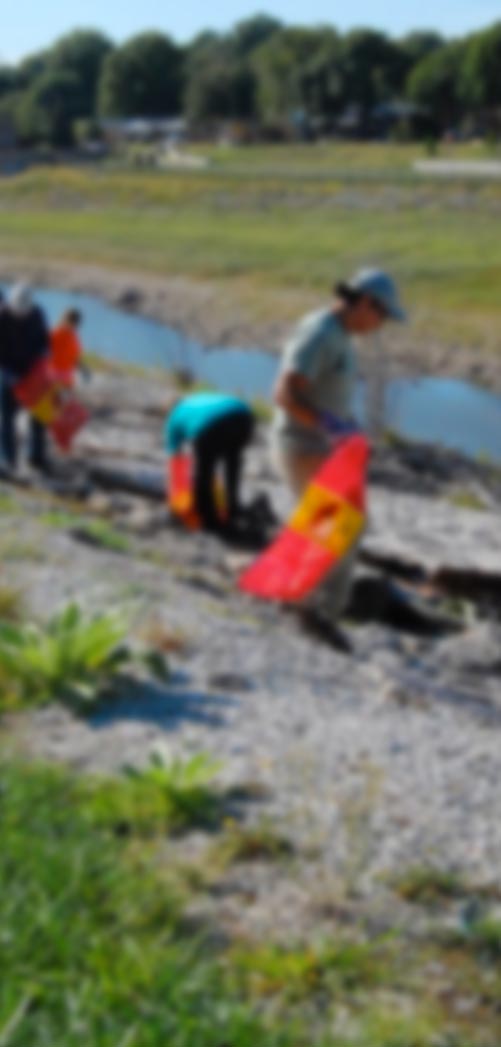A new two-year project launched last month is worth paying attention to because it marks the start of a major undertaking that will ultimately benefit the whole community. It will provide the best way of understanding how the setting of catchment limits for water quality could impact on Southland’s economy and communities. Being able to understand these impacts will put us in a better place to achieve our desired environmental outcomes.
The Southland Economic Project is a joint initiative between Environment Southland, DairyNZ, Beef + Lamb New Zealand, Te Ao Mārama, the Ministry for Primary Industries, the Department of Conservation and the Southland Chamber of Commerce. Environment Southland chairman Ali Timms says she is really encouraged to have such a wide range of partners involved in what really is a project for Southland.
Matthew Newman, DairyNZ senior economist, welcomes the joint and collaborative approach to the complex water quality issue. “Everyone agrees that water quality is essential – the question is what impact different policies have on the Southland economy and the well-being of our communities. This is an opportunity to ensure the analysis is robust, backed by the expertise of industry groups,” he says.
Beef + Lamb New Zealand southern South Island director, Andrew Morrison says the sheep and beef sector makes a significant economic contribution to the region and it was working to ensure its impact was environmentally sustainable.
At a local level, Sarah Hannan, Southland Chamber of Commerce CEO says, “We appreciate the value and competitive advantage our natural resources provide for many local industries. This project provides a great opportunity to work together to ensure we fulfil the region’s economic potential while still looking after our quality of life and our environment.”
The Southland Economic Project aims to provide one part of the picture needed to have more informed debate by communities around the choices required to meet the Government’s National Policy Statement for Freshwater Management. When put together with the science, social and cultural components, it will make it easier to achieve our community’s goals.
“Southland has some unique and challenging water quality issues,” Ali says. “Deciding how we meet those challenges needs to be Southland specific, and focused on all of the impacts of the management of water, our most precious asset. This project represents a major investment in Southland’s future.”
